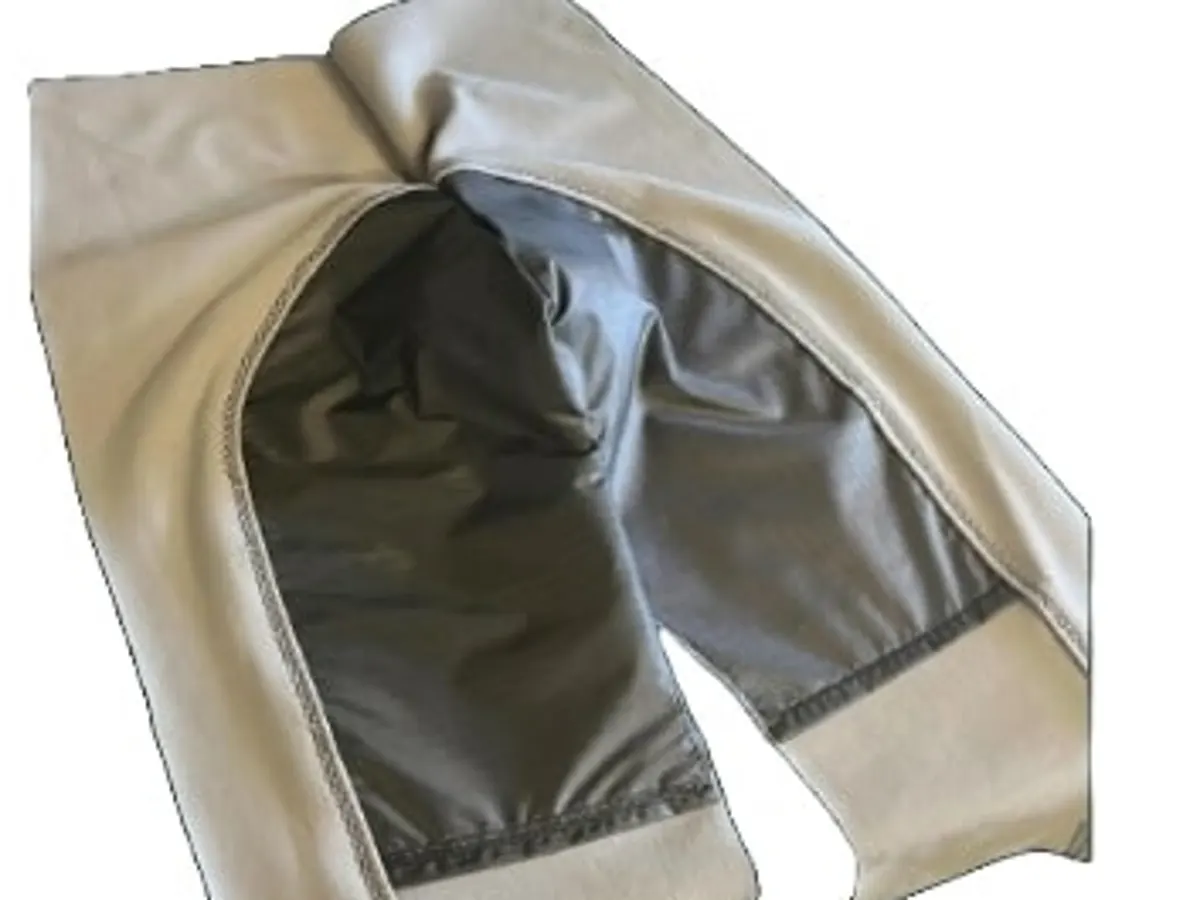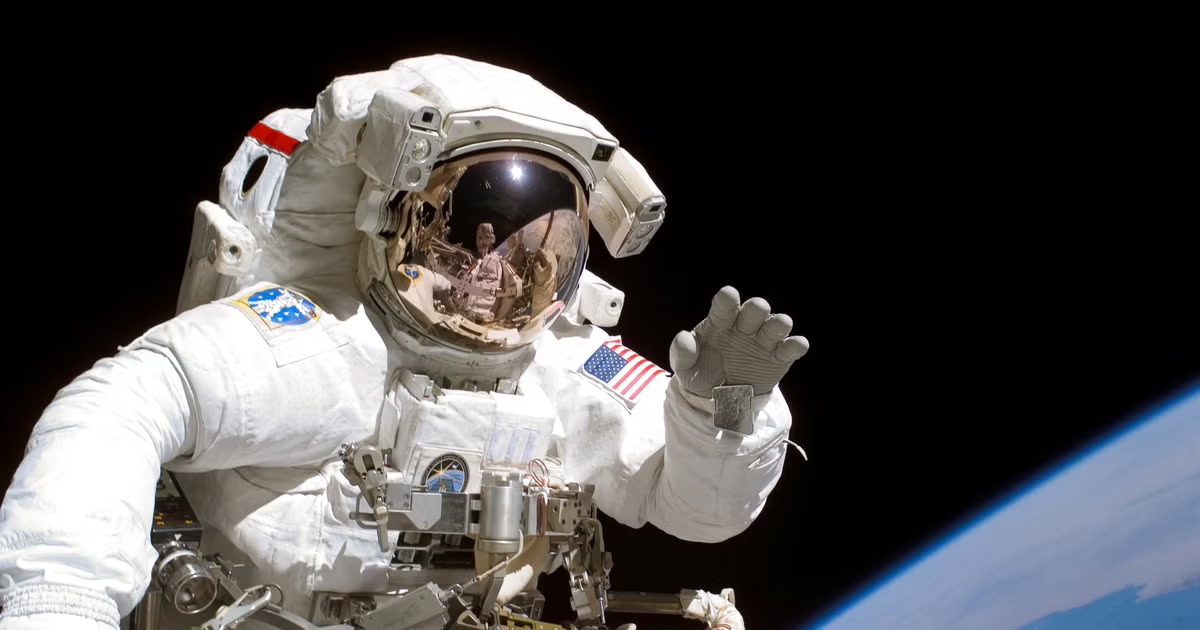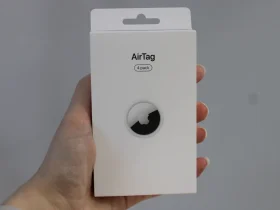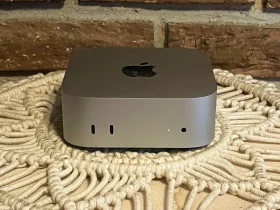Cornell University scientists have developed a groundbreaking spacesuit designed to recycle urine into drinkable water, drawing inspiration from the iconic stillsuits featured in Frank Herbert’s Dune series. The suit aims to extend astronauts’ capabilities during spacewalks by providing a sustainable source of water.
This innovation addresses current limitations where astronauts must wear modified diapers, which can be uncomfortable and increase health risks like urinary tract infections.
In space missions, recycling bodily fluids into potable water is already common practice aboard the International Space Station (ISS), significantly conserving resources. The new spacesuit design aims to replicate this efficiency for extravehicular activities, potentially enhancing mission endurance and safety during upcoming Moon and Mars missions.
Although not as efficient as current ISS systems, the prototype spacesuit boasts a recycling rate of 87%, filtering 500 milliliters of urine in approximately five minutes.

Lead author Sofia Etlin from Weill Cornell Medicine and Cornell University describes the suit’s innovative features, including a vacuum-based external catheter and forward-reverse osmosis unit with safety mechanisms to ensure astronaut well-being.
While the suit requires further testing in simulated microgravity to confirm its reliability under space conditions, the team is optimistic about its potential deployment alongside future Artemis missions.
NASA’s upcoming Artemis missions, aimed at returning astronauts to the Moon and eventually sending humans to Mars, underscore the critical need for advanced spacesuit technology. Christopher Mason, senior author and professor at Weill Cornell, emphasizes the importance of rigorous testing to validate the suit’s functionality and safety before actual deployment in space.
While the development of a urine-recycling spacesuit marks a significant step toward sustainable space exploration, some may ponder other sci-fi-inspired innovations, like Mentats from Dune who possess enhanced cognitive abilities. Nonetheless, the focus remains on practical advancements that directly support astronauts’ health and mission objectives in the challenging environment of space.







Leave a Reply